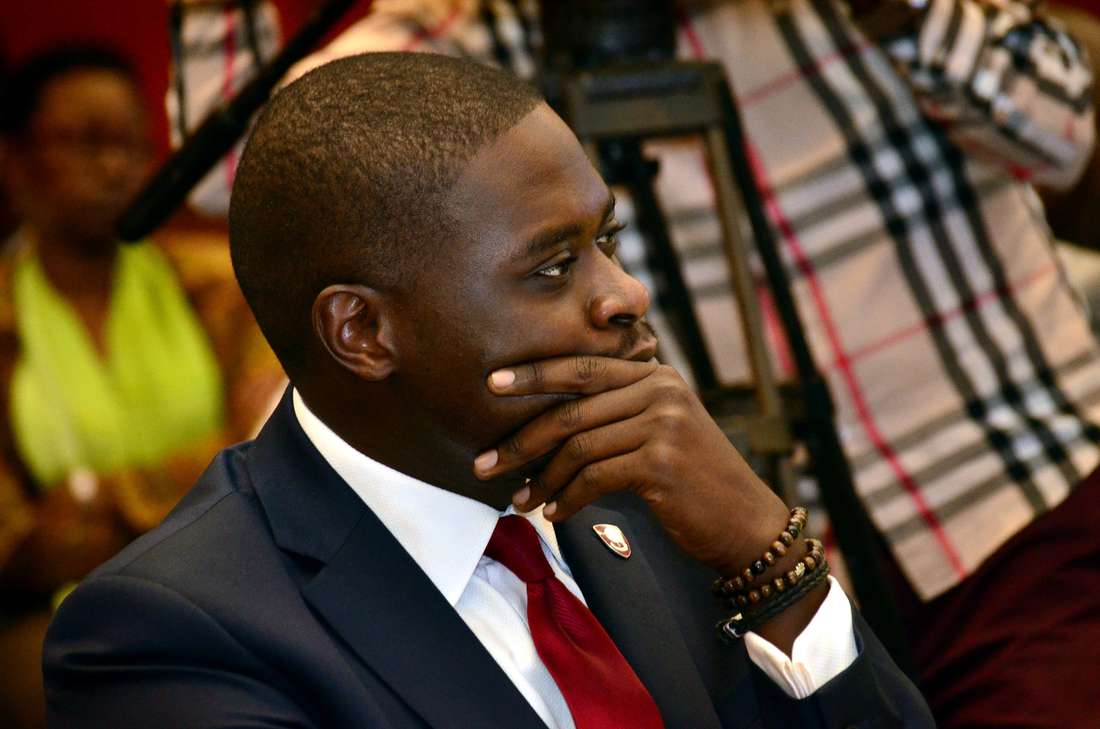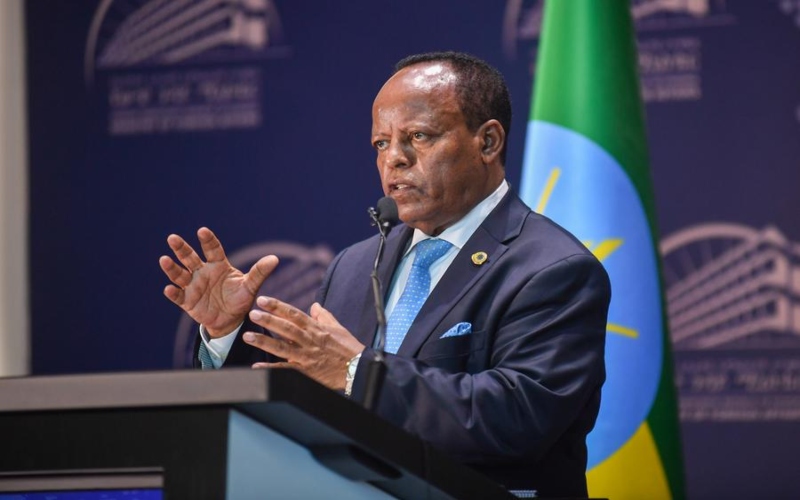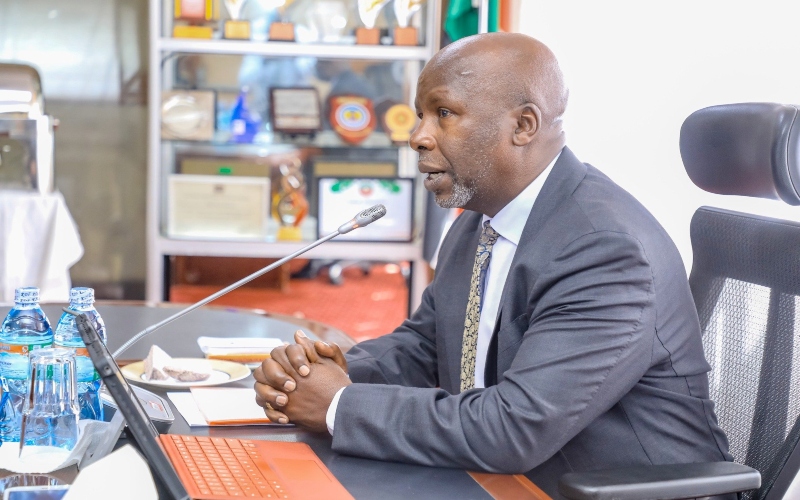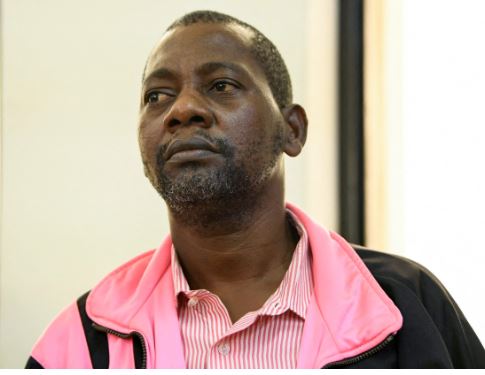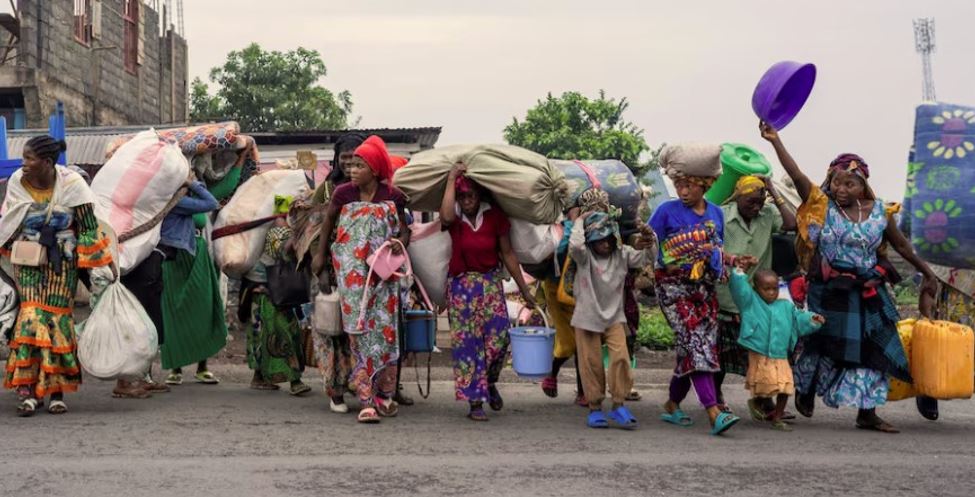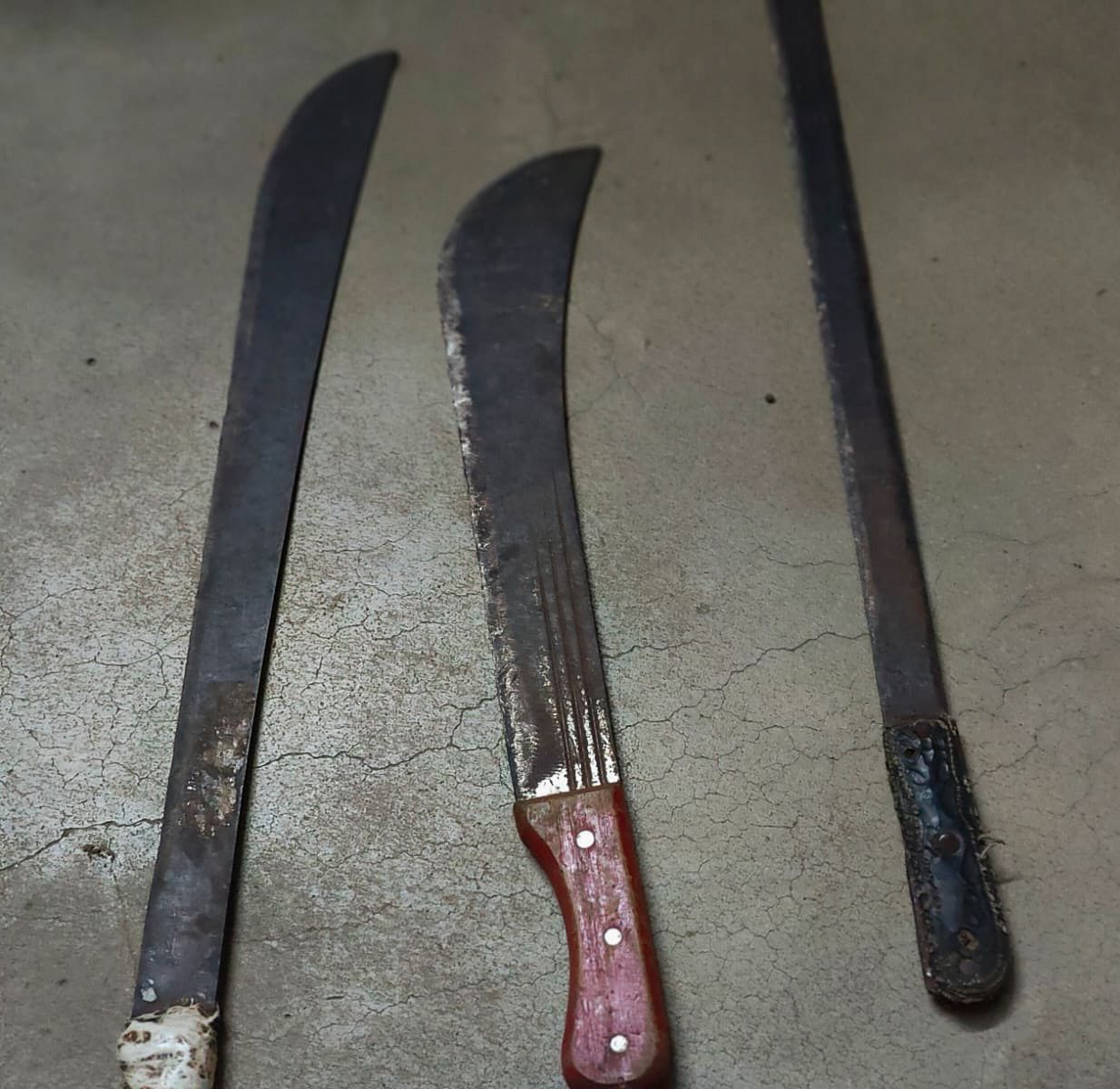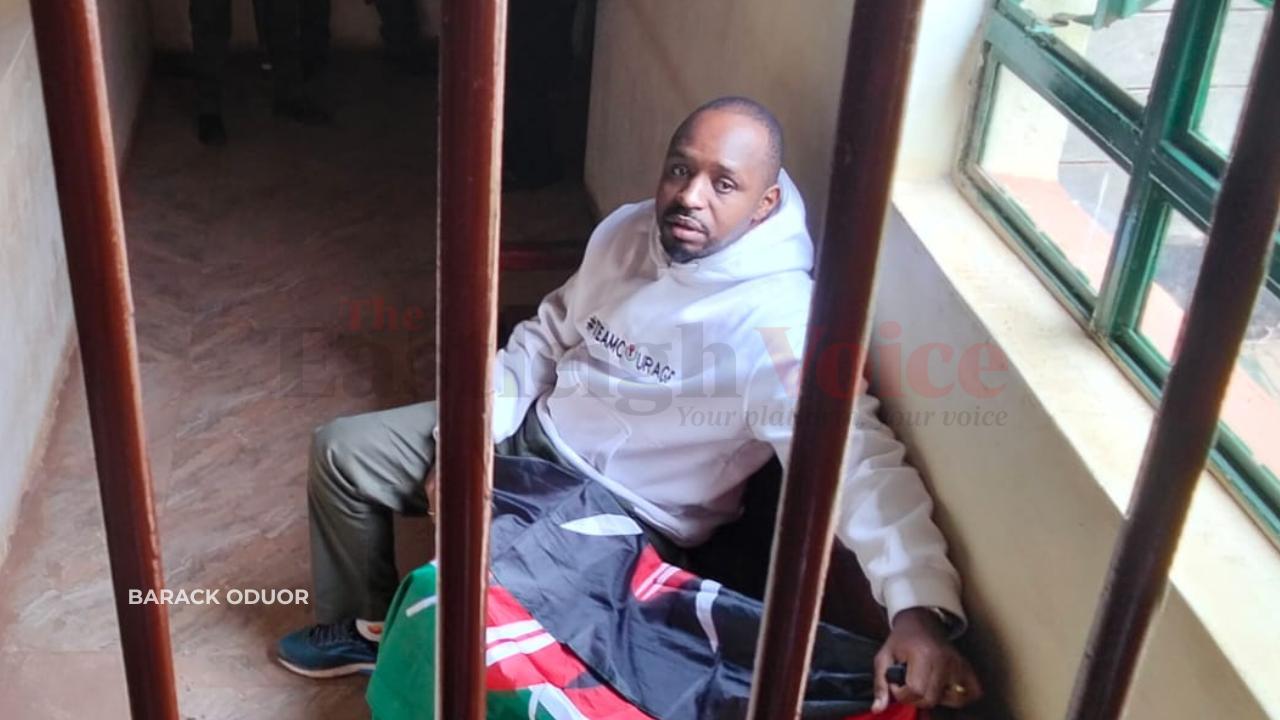Kenya marks World Blood Donor Day as state, Red Cross urge donations to save lives
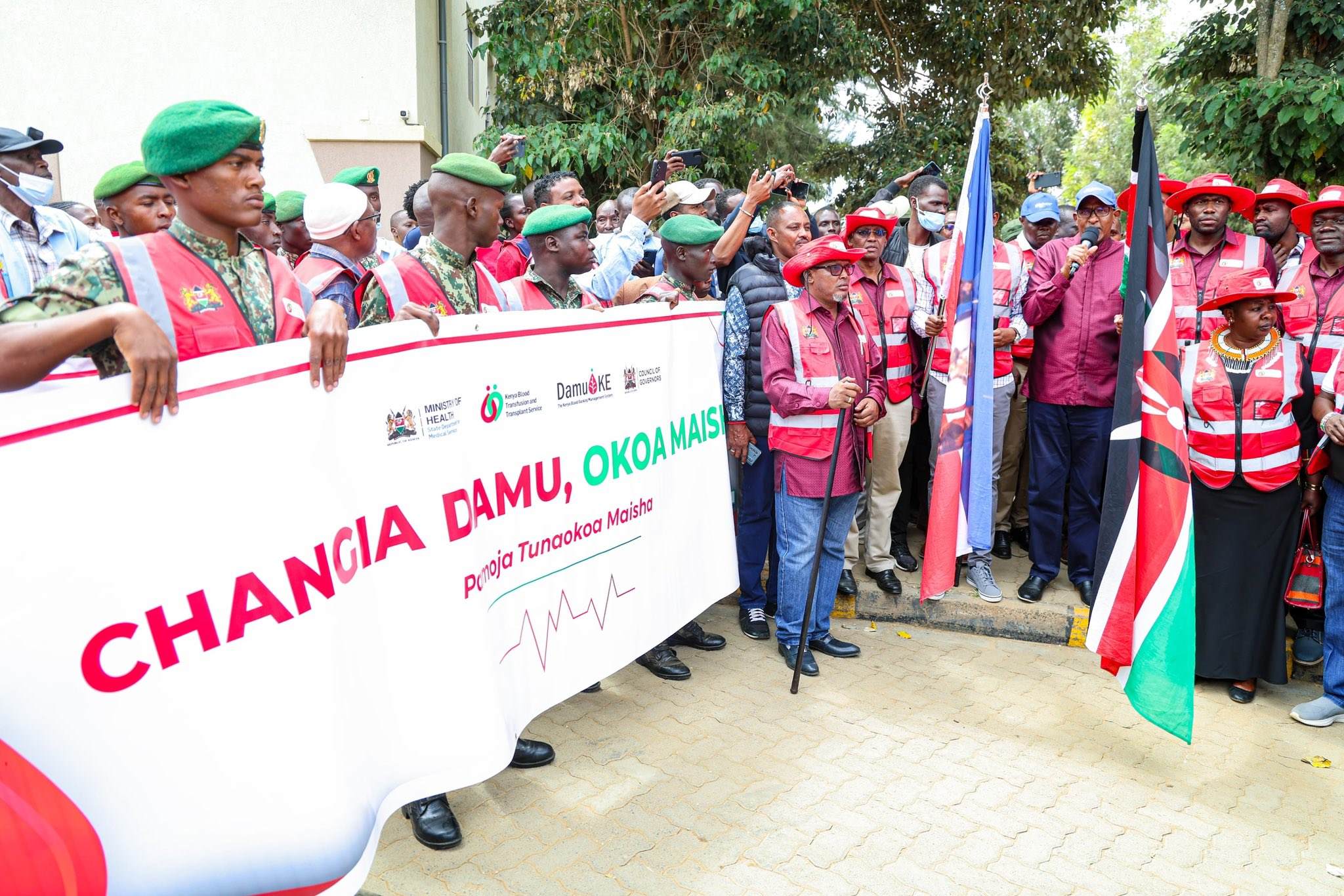
The annual event seeks to raise awareness of the need for safe blood and blood products.
Kenya has joined the world in marking World Blood Donor Day today, with the Ministry of Health and the Kenya Red Cross calling on volunteers to save a life by donating the vital commodity at Panari hotel under the banner "Be a hero, Be a donor"
The annual event seeks to raise awareness of the need for safe blood and blood products while paying a global tribute to the millions of volunteers and blood donors who offer others a second shot at life.
More To Read
- Kituo Cha Sheria moves to court over suspension of inmates’ medical services
- Relief for 633 doctors as Health Ministry approves postgraduate fee payments
- New Bill proposes Sh50 million fine for hospitals failing on patient safety
- UHC row escalates as governors accuse Ministry of Health of undermining devolution
- Ministry of Health submits over 1,180 files exposing healthcare fraud to DCI for prosecution
- Counties push for Sh7.8 billion funding to permanently absorb 8,000 UHC workers
This year's event is marked under 'Give blood, give hope: together we save lives' as indicated by the World Health Organisation (WHO).
Studies have shown that an increase in humanitarian emergencies, as witnessed around the world, triggers severe trauma resulting in a demand for blood transfusions.
A journal published by WHO adds that the resulting demand fails to be met due to the disruption of the blood's main distribution networks.
"Armed conflicts and terrorism, flooding and earthquakes are the most frequent emergencies, with 10–85 per cent of the injured requiring blood transfusion. There are gaps in emergency preparedness and response, including human resources, transport and cold chain, supply of consumables and maintenance of equipment, power supply, and finances," the organisation states.
It calls for the integration of blood transfusion services in the overall national emergency preparedness and response, and the provision of assistance to affected countries to address identified gaps.
It also recommends that individual countries tailor their blood transfusion needs based on the lines of the regional strategic framework for blood safety and availability.
Statistics from the organisation further show that there's an increase of 10.7 million blood donations from voluntary, unpaid donors.
"In total, 79 countries collect over 90 per cent of their blood supply from voluntary, unpaid blood donors; however, 54 countries collect more than 50 per cent of their blood supply from family/replacement or paid donors," the WHO says.
Of the 118.5 million blood donations collected globally, 40 per cent are collected in high-income countries, home to 16 per cent of the world's population.
"In low-income countries, up to 54 per cent of blood transfusions are given to children under 5 years of age; whereas in high-income countries, the most frequently transfused patient group is over 60 years of age, accounting for up to 76 per cent of all transfusions." The data shows.
At the same time, based on samples of 1000 people, the blood donation rate is 31.5 donations in high-income countries, 16.4 donations in upper-middle-income countries, 6.6 donations in lower-middle-income countries and 5.0 donations in low-income countries.
In Kenya, the Kenya National Blood Transfusion Service (KNBTS) is mandated by the state to collect, test, process and distribute blood and blood products to all transfusing hospitals in Kenya.
It has six Regional Blood Transfusion Centres (RBTCs) in Nairobi, Embu, Nakuru, Eldoret, Kisumu and Mombasa and 14 satellite centres located in Machakos, Kisii, Voi, Meru, Naivasha, Kakamega, Kericho, Nyeri, Garissa, Malindi, Thika, Lodwar, Bungoma and Kitale.
All six centres and 14 satellites carry out blood collections, grouping, storage and distribution except for Naivasha and Kericho.
Blood testing and processing is restricted to the six RBTCs, except for the preparation of packed red cells, which is also done at a few selected satellites.
The first World Blood Donor Day was observed on June 14, 2004, establishing June 14 as the annual date for the event.
Top Stories Today


